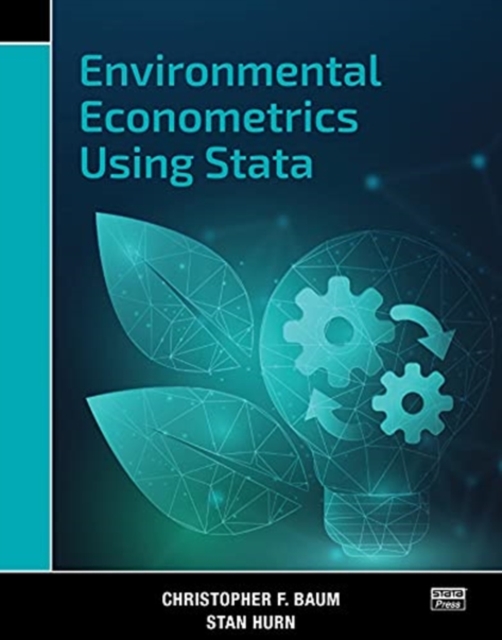
Environmental Econometrics Using Stata Paperback / softback
by Christopher F. Baum, Stan Hurn
Paperback / softback
Description
Aspects of environmental change are some of the greatest challenges faced by policymakers today.
The key issues addressed by environmental science are often empirical, and in many instances very detailed, sizable datasets are available.
Researchers in this field should have a solid understanding of the econometric tools best suited for analysis of these data.
While complex and expensive physical models of the environment exist, it is becoming increasingly clear that reduced-form econometric models have an important role to play in modeling environmental phenomena.
In short, successful environmental modeling does not necessarily require a structural model, but the econometric methods underlying a reduced-form approach must be competently executed.
Environmental Econometrics Using Stata provides an important starting point for this journey by presenting a broad range of applied econometric techniques for environmental econometrics and illustrating how they can be applied in Stata.
The emphasis is not only on how to formulate and fit models in Stata but also on the need to use a wide range of diagnostic tests in order to validate the results of estimation and subsequent policy conclusions.
This focus on careful, reproducible research should be appreciated by academic and non-academic researchers who are seeking to produce credible, defensible conclusions about key issues in environmental science.
Information
-
Only a few left - usually despatched within 24 hours
- Format:Paperback / softback
- Pages:416 pages
- Publisher:Stata Press
- Publication Date:10/05/2021
- Category:
- ISBN:9781597183550
Information
-
Only a few left - usually despatched within 24 hours
- Format:Paperback / softback
- Pages:416 pages
- Publisher:Stata Press
- Publication Date:10/05/2021
- Category:
- ISBN:9781597183550






